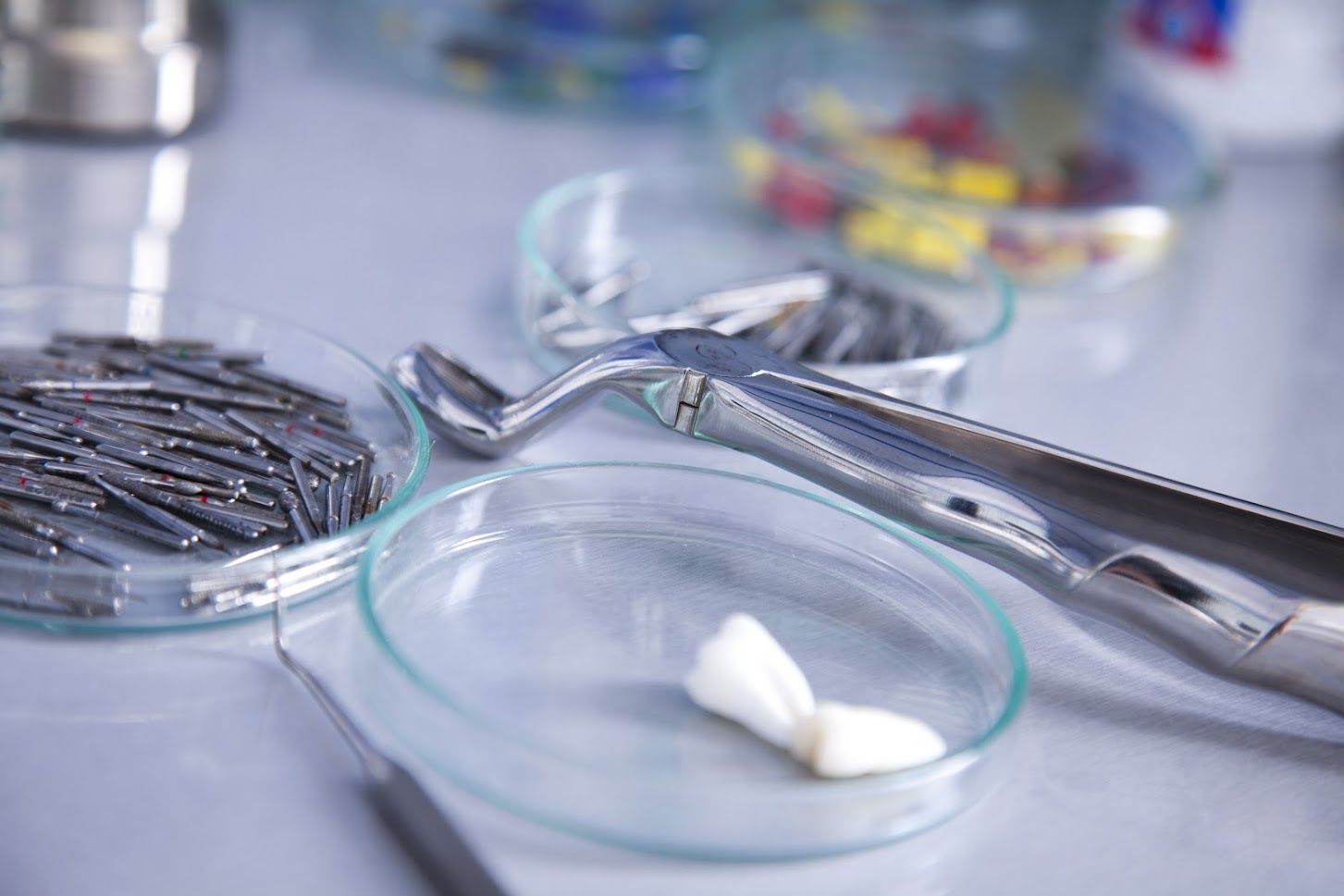(843) 216-0908
Dental Implant Surgery Aftercare
The Day of the Dental Implant Surgery
How much time will you need to take off from work? In most cases, your dentist will use a light, general anesthesia. Most people take off the day of the procedure but do not find it necessary to take additional time off from work. For patients who experience complications from IV Sedation or other forms of general anesthesia, some implant procedures may be performed with local anesthesia.
Can you drive home after the procedure ? If you choose to rely on a local anesthetic, you may drive after the procedure. However, if you select sedation, you must have someone with you at the appointment. They must remain in the office during the process and transport you home afterward.
What pain relief can you expect ? In most cases, you only need ibuprofen to deal with any discomfort, and you may not need any pain relief at all. Many patients report experiencing less severe pain than an extraction or root canal.
It is not uncommon to take ibuprofen or other pain relief medication for up to two days after the surgery.
Immediate Care After the Implant Procedure
Prior to the procedure, and again on the day of your surgery, your dentist will discuss your specific aftercare treatment based on the specifics of your case and treatment plan. Here are the most frequently asked questions we get about activities you can participate in immediately after the dental implant procedure.
What level of bleeding is normal ?It is common to have a small amount of bleeding immediately after the procedure. It may take up to an hour for it to stop completely. Putting pressure on the implant area will help to slow or stop the bleeding faster.
Bleeding caused by the extraction of one or more teeth is generally worse than from an implant.
What is an average level of swelling ?You can expect some swelling and bruising near the site of the implant, and it could remain for three or more days after the procedure. Swelling often does not occur until the day after surgery due to the anesthesia.
To treat swelling, use an ice pack for 20 minutes at a time during the first 24 hours. After that,apply heat instead of ice to reduce the swelling
What activities immediately after surgery can affect the healing process ? After dental implant surgery,it’s important not to disturb the surgical site with your fingers or tongue for the first 24 hours. Doing so could cause additional bleeding and can dislodge or displace the implant.
Avoid drinking liquids through a straw for at least 72 hours because it can prevent blood clots from forming.
Do not use tobacco or smoke for at least three months after the procedure. Ingredients in tobacco shrink blood cells and can interfere with the healing process.
Refrain from working out or other physical activities for the first 72 hours. Physical activity can cause throbbing at the implant site and cause additional pain and bleeding.
What can you eat and drink ?You can drink water immediately. However, you should avoid all foods until the anesthesia wears off. For the first 24 hours, eat soft foods and cold drinks and avoid alcohol and hot or spicy foods.
Eat a diet containing primarily soft foods for the first two weeks and chew away from the implant site. Avoid products like popcorn, seeds, or fruit with seeds to prevent food from getting stuck under the implant during the initial healing process. You can generally return to your regular diet within ten days of the surgery.
If you don’t feel like eating for the first few days, consume supplements like Ensure or broth soups to get sufficient nutrients. Consuming healthy foods and drinking lots of liquids will help your body heal faster.
Steps That Can Speed Up the Healing Process
Maintaining your oral hygiene is critical to the healing process and can prevent infection. Rinse your mouth with a mouthwash containing chlorhexidine or warm saltwater rinses after every meal and before bed for the first week for the best results.
You should brush and floss daily as you usually do but use care when brushing and flossing around the implant site until it has healed.
Long Term Care
Dental implants require a multi-step process with healing periods between each procedure. Your dentist must first insert a titanium post into the jawbone that serves as the new tooth root. Then he places an abutment to connect the implant to the crown. Lastly, he will attach the crown, the visible part of your tooth.
Once the titanium post is in place, the gums must heal. The inserted post fuses with your jawbone during the healing process to create a secure foundation for your new tooth. It may take up to six months or more before the dentist can place the abutment.
After setting the abutment, your gums require an average of two to four weeks to heal. After the gums heal, the crown may then be affixed to the abutment.
Oral Hygiene: Once your mouth heals,you care for your implants with the same routine you use for your natural teeth, including daily brushing and flossing and regular dental checkups.
Poor oral hygiene can result in inflammation and infection around the implant site. If left untreated, it can impact the health of the bone that supports the implant and cause it to fail.
Proper care of your dental implants could allow you to enjoy your new teeth for the rest of your life. In addition to maintaining your oral health, you can prevent damage to implants by avoiding hard candy. Drinking coffee and tea, red wine, or eating foods like blueberries can discolor your new teeth, so be sure to follow the guidelines outlined by your dentist to ensure the proper care and maintenance of your dental implants.
FAQs
- What foods should I avoid immediately after receiving dental implants?
For the first week to 10 days, it is best to eat a soft foods diet and not drink liquids through a straw. Foods to avoid include things challenging to chew like steak or raw vegetables, sticky food such as taffy, crunchy items like popcorn or chips, and chewy foods like bagels.
- How long does recovery take after receiving dental implants?
In most cases, you can return to work the day after surgery. Over-the-counter pain relievers are generally adequate to manage any pain. However, it takes an average of four to six months for the gums to heal and the titanium root to fuse with your jawbone. Once this occurs, the dentist can place the crown.
- What are signs I should watch for after dental implant surgery?
Dental implants involve a minor surgery that includes some discomfort and bleeding. If the pain is unmanageable or the bleeding excessive, you should immediately contact your dentist. Swelling beyond the first couple of days and oozing pus could also be a sign of infection that requires additional treatment.
The post Dental Implant Surgery Aftercare appeared first on Smiles by Hogan.
CONTACT
Information
Phone: (843) 216-0908
Address: 3405 Salterbeck St. STE 100
Mt. Pleasant, SC 29466
Email: office@smilesbyhogan.com
BUSINESS
Hours
- Monday
- -
- Tuesday
- -
- Wed - Thu
- -
- Friday
- -
- Sat - Sun
- Closed
















